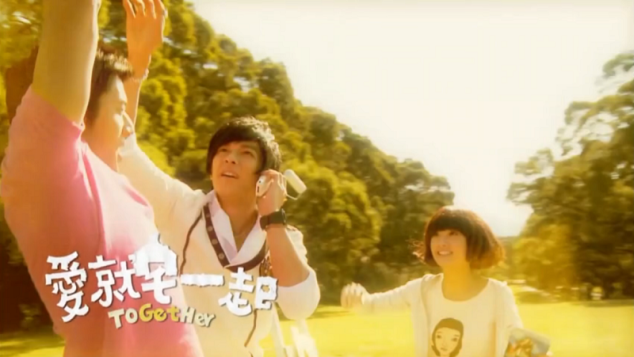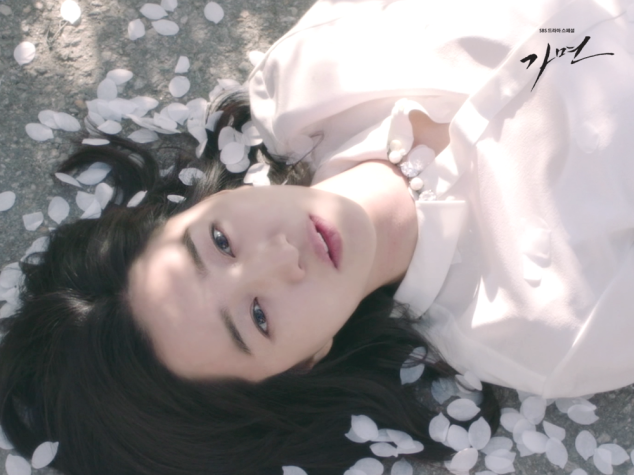In a quaint alleyway in the heart of Seoul, a scarred, reticent chef known only as “Master” operates a low-key eatery from midnight to seven in the morning. The menu has just one modest dish, but patrons are free to order whatever they want. Night after night, various sorts of workers drop by and share their woes and joys over the hearty dishes, while Master looks on with a small smile from the kitchen, rarely interjecting a remark except to serve food.
One regular, a down-and-out musician, has this ritual of burying a chunk of butter under white rice, letting it simmer for half a minute there while he sits back contentedly with folded arms, lightly adding a few dashes of soy sauce after that, and then mixing everything together. Looking on in admiration, the other patrons would imitate him and this small place in 2015 Korean drama Midnight Diner, adapted from a Japanese comic series of the same name, becomes a cocoon of simple bliss. In lieu of cash, Master permits the musician to repay him with a guitar performance, bringing more cheer to everyone. These happenings make them momentarily overlook a haughty food critic invited to the eatery one night.
The twist you are waiting for is this: the crowd-pleaser in the room and the most irksome man there are Continue reading











You must be logged in to post a comment.